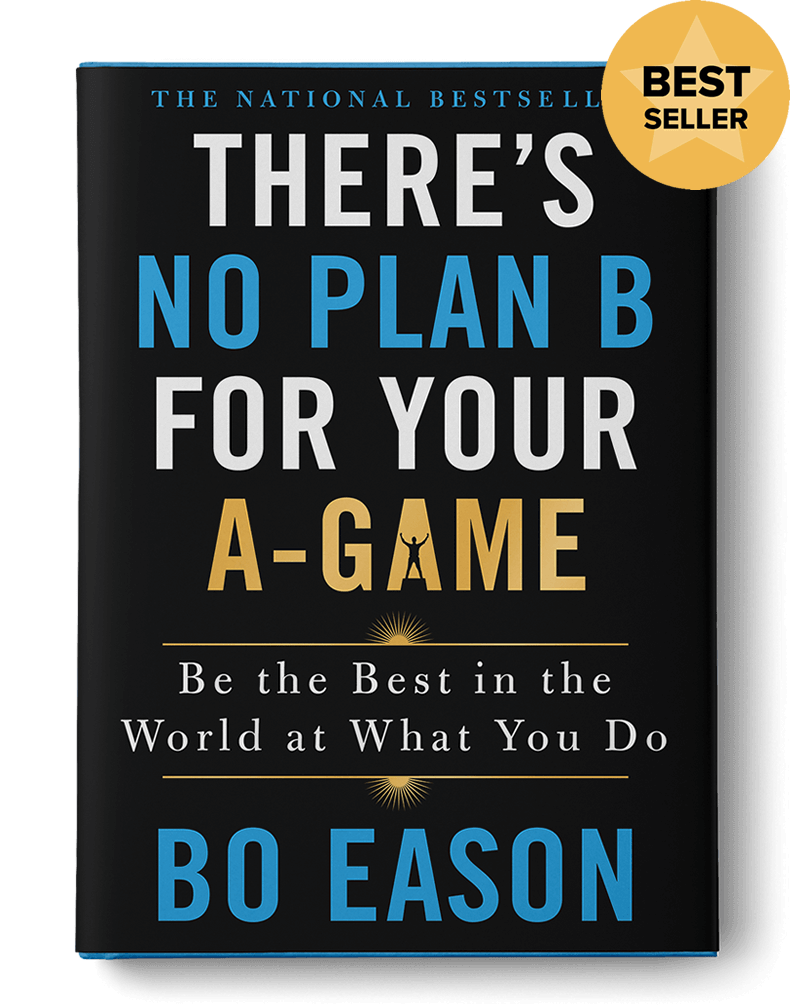Can you make a mistake when telling a story? Yep. You can. We’ve all had the experience of listening to someone tell a story, like on a plane or at a party, and the person just goes on and on, and you have no idea why you’re still listening. Well, imagine that happening when you’re speaking, either giving a speech or presentation, and that’s what your audience is thinking. Not good.
At my events, my story structure coach Mary Kincaid and I have a conversation about storytelling fundamentals and we always talk about mistakes because we get asked about that all the time. Our most recent conversation is below.
Bo: So let’s talk about mistakes. What’s the biggest mistake people make once they start to reveal their personal story?
Mary: My mind is exploding with so many different things. The biggest mistake I see is people wanting to make an impact or inspire with the story. Now, everybody wants to inspire people with their story but you have to let that go and allow the story to do the work for you.
If it’s structured properly, if you’re being honest about it, if you’re connected to it, there’s not a lot of work you have to do to inspire people. It happens naturally.
So that’s the first thing. The next thing is one of the tenets of storytelling and that is ‘show don’t tell’. Telling a story from the stage live is very different from writing a story on paper. It’s a different form of communication, a different experience for the person hearing the story. Telling a story on film is very different from telling a story live on stage, especially these business stories that are only three to five minutes. We try to do them in two to four minutes.
It’s a very different medium so understanding the benefits of it and then utilizing them to tell the story is sometimes where people fall short. People try to talk the way they write, but we don’t talk the way we write. We stutter. We say half sentences. That’s what we do when we’re real and talking to somebody. It doesn’t bother us when we’re in a conversation.
So if someone tries to tell a story with every single word completely written out, it doesn’t sound real or conversational. Audiences today want it to be conversational. They want to feel like there’s a human talking to them.
When Bo tells stories, he’s reliving them. They’re scripted in the sense that I’ve heard them multiple times and he tells the story the same way with a lot of the same words, but he’s not reciting from a script. He’s putting himself back in the moment and letting the words just come out of his mouth. So every time you hear it, you’re just as enthralled as you were the first time because the stories are alive. He’s bringing them to life.
I’m big on scripts because you need to know what you’re saying and there has to be structure, but at some point, the script goes away. You just need to show up and be with the people you’re talking to.
The best way to learn story is to pay attention to really phenomenal storytellers.

